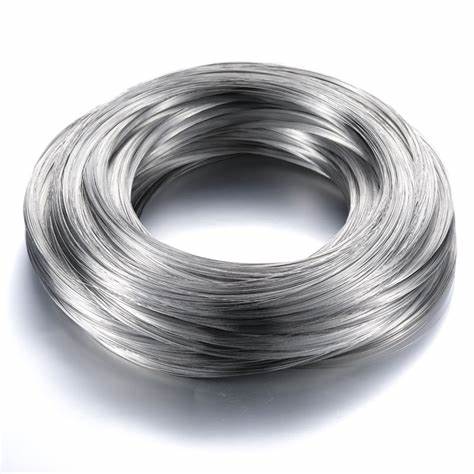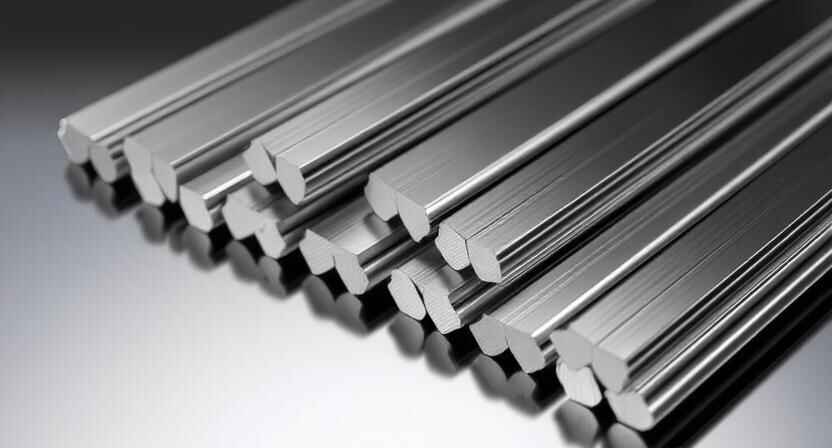Stainless Steel 321H Wires
Stainless steel 321H wires, a high-carbon variation of the 321 alloy, are a crucial material in numerous industries due to their outstanding resistance to high temperatures and corrosion. When it comes to the production of these versatile and durable wires, Ferrobend has emerged as a leader in the market, offering high-quality Stainless Steel 321H wires that meet the rigorous demands of various applications. In this article, we will explore the benefits, applications, and manufacturing process of Stainless Steel 321H wires produced by Ferrobend, highlighting why they are an essential choice for many industries.

One of the standout features of Stainless Steel 321H wires is their superior heat resistance. These wires are capable of withstanding temperatures up to 900°C (1652°F) in continuous service and 925°C (1697°F) in intermittent service without compromising their mechanical properties. This makes them ideal for use in applications that involve heat cycling or high-temperature environments, such as heat exchangers, reactors, and furnace components.
321H wires are highly favored for their weldability. The titanium content prevents carbide precipitation, thus making the welding process much easier and ensuring that the welded joints maintain their integrity even in high-temperature environments. This is particularly important in industries that require complex welding processes for their components, such as the aerospace and automotive sectors.
Ferrobend uses state-of-the-art manufacturing techniques to produce Stainless Steel 321H wires that meet the highest industry standards. The process involves several stages, each designed to ensure the production of wires with the ideal combination of strength, flexibility, and durability. The surface of the Stainless Steel 321H wires is further treated to enhance their appearance and performance. Common treatments include passivation, which involves immersing the wire in a solution that removes free iron and promotes the formation of a protective oxide layer. This layer helps to prevent corrosion and enhances the wire’s resistance to oxidation. Ferrobend ensures that each batch of wire undergoes rigorous surface treatment to maintain high-quality standards.
Ferrobend places a strong emphasis on quality control throughout the manufacturing process. Each batch of Stainless Steel 321H wires undergoes a series of stringent tests to verify their chemical composition, mechanical properties, and corrosion resistance. These tests include tensile strength tests, hardness tests, and metallographic analysis to ensure that the wires meet industry specifications. In addition, Ferrobend performs rigorous dimensional checks to confirm the wires' uniformity and precision.
